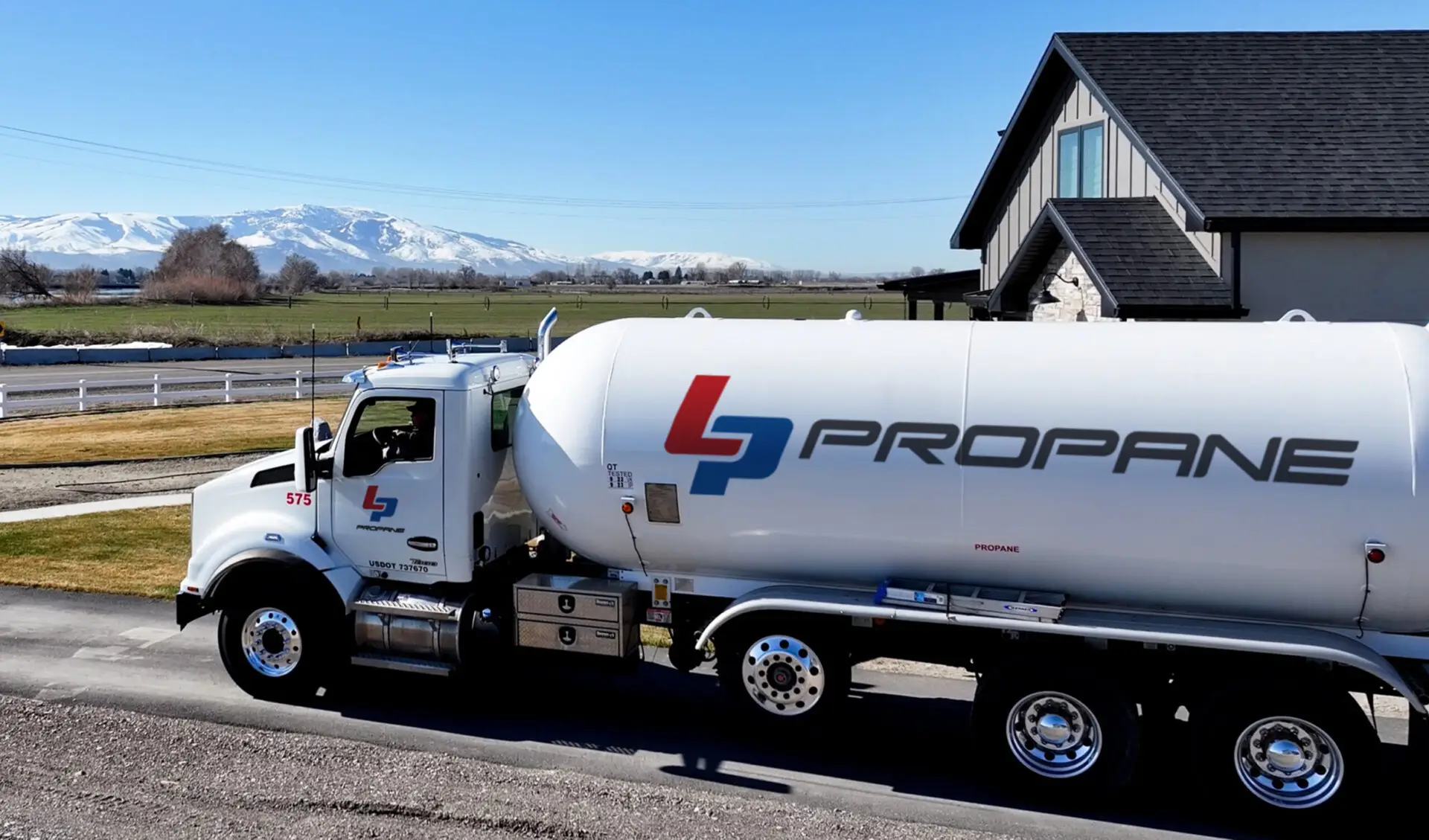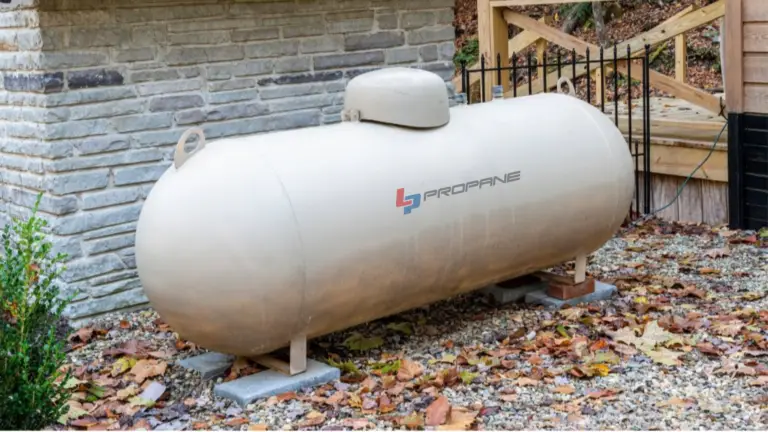
Refill Propane Like a Pro
If you’re using propane for your home, business, or even outdoor activities, a propane refill adapter might just become your best friend. But what exactly is it, and why should you have one on hand? A propane refill adapter (also

